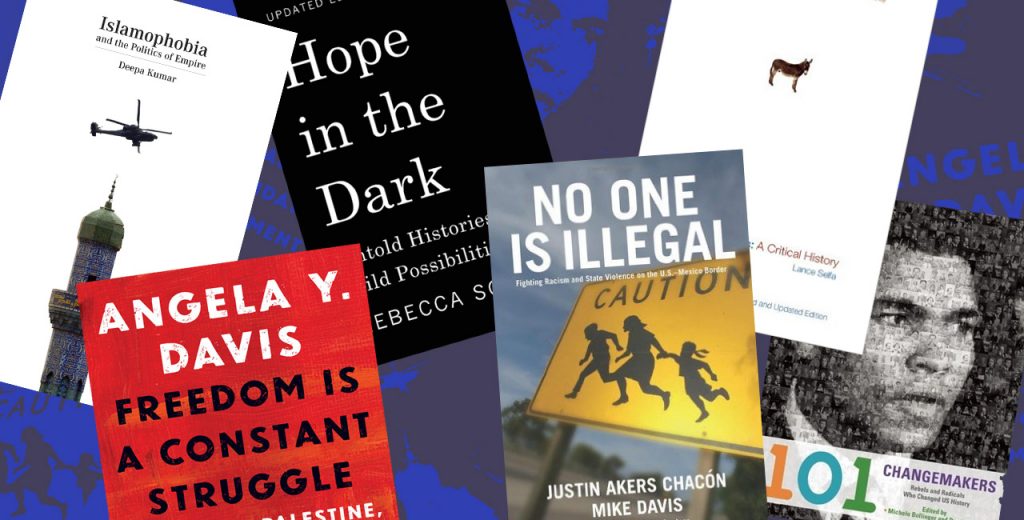Unlike presidents Barack Obama, Bill Clinton, and George H.W. Bush, Donald Trump isn’t much of a reader. According to the Washington Post, Trump believes he doesn’t need to read to make highly informed decisions. Instead, he reaches conclusions through “very little knowledge other than the knowledge I [already] had, plus the words ‘common sense,’ because I have a lot of common sense and I have a lot of business ability.”
As the Post argues, reading isn’t necessarily a marker of how effective a leader someone will be. But perhaps if Trump found some time in his busy schedule to crack open a book, it’d lead him to some truly enlightened thinking.
As we come to grips with a Trump presidency, Haymarket Books has put together a reading list that should be required for everyone. For 15 years, Haymarket has dedicated itself to publishing books about social justice and our current landscape. “Authors are coming to us because they know that we’re one of the best places to be if [they] are trying to publish a book about social justice,” publicity director Jim Plank said to Publisher’s Weekly.
Though books can’t change the world on their own, Haymarket looked through it’s catalog to find books about systemic racism, hope in tumultuous times, and people who have changed the world. Here are 16 books to understand how Trump got elected, how we got to this point, and how we can organize for the future:
1
Hope in the Dark
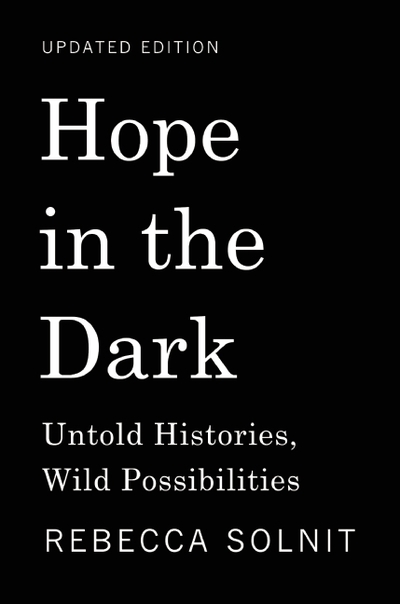
Drawing from her life as an activist – as well as a lifetime spent reading about environmental, cultural, and political history – Rebecca Solnit’s book looks at the United States and the world after George Bush’s re-election.But it uses other events – the fall of the Berlin Wall, the Zapatista uprising, and worldwide protests against the war in Iraq – to show that our actions don’t always have immediate positive results.
“In 2003 and early 2004, I wrote a book to make the case for hope,” she wrote on The Guardian. “Hope in the Dark was, in my ways, of its moment – it was written against the tremendous despair at the height of the Bush administration’s powers and the outset of the war in Iraq. That moment passed long ago, but despair, defeatism, cynicism and the amnesia and assumption from which they often arise have not dispersed, even as the most wildly, unimaginably magnificent things came to pass. There is a lot of evidence for the defense.
“Coming back to the text more than a dozen tumultuous years later, I believe its premises hold up. Progressive, populist and grassroots constituencies have had many victories. Popular power has continued to be a profound force for change. And the changes we have undergone, both wonderful and terrible, are astonishing.”
Buy the book here. For a limited time, get the e-book for free.
2
Freedom Is a Constant Struggle
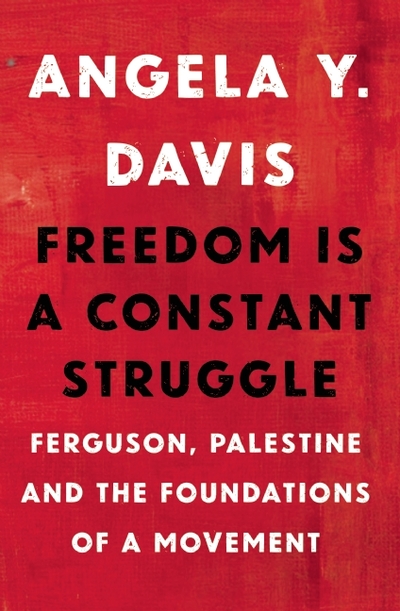
Through essays, speeches, and interviews, celebrated activist and scholar Angela Y. Davis discusses why black feminism, intersectionality, and prison abolitionism matter in the fight for our rights. The book highlights liberation struggles of the past and present, and analyzes struggles against state terror in Ferguson to Palestine.
“Oftentimes there are historical conjectures that one cannot necessarily predict, but they’re moments when things come together in such a way that new possibilities arrive,” Davis said to Democracy Now. “And I think that when the Ferguson protesters refused to go home after protesting for two or three days, when they insisted on continuing that protest, and when they were – when Palestine activists, Palestinian activists in Palestine, were the first to actually tweet solidarity and support for them, that opened up a whole new realm. I don’t know whether many people are aware of the extent to which Palestinian-American activists were involved, from the very outset, in the protest against the killing of Mike Brown in Ferguson.”
Buy the book here.
3
Islamophobia and the Politics of Empire

After 9/11, George W. Bush declared “war on terror,” which ended up inviting Islamophobia. However, Islamophobia existed long before 9/11. Deepa Kumar’s book spans from the eleventh century to present times and analyzes how the construction of the “Muslim enemy” has justified imperial projects. The book also debunks myths about Muslims and Islam that have permeated in the United States.
Buy the book here.
4
The Democrats: A Critical History
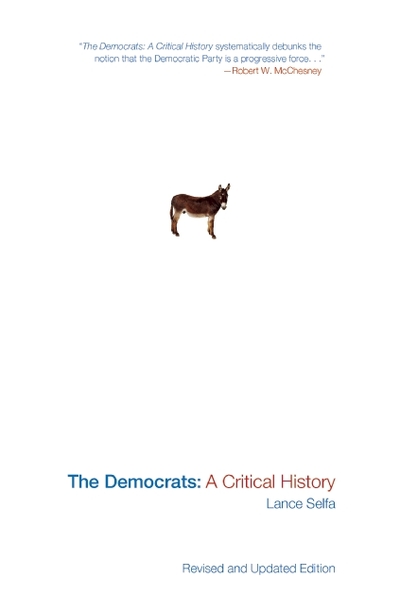
Lance Selfa’s book examines how the Democratic Party has let down working people time and again. And as he looks at how party leaders deal with social movements, he also evaluates the success of third-party alternatives.
Buy the book here.
5
No One Is Illegal
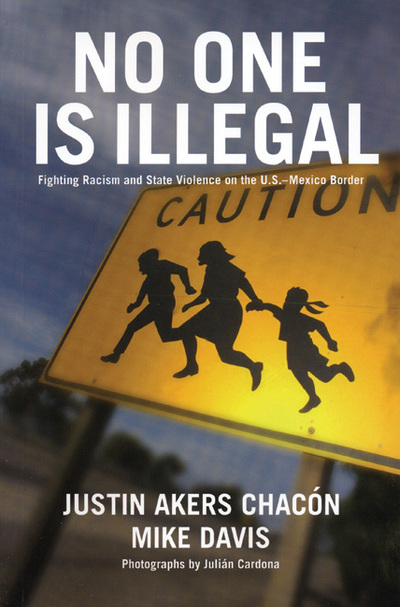
Justin Akers Chacón and Mike Davis’ book serves to humanize the immigrants who cross the United States-Mexico border in search for a better life. They analyzing the racist politics of vigilante groups, and argue why a pro-immigrant and pro-worker agenda is the right move.
6
101 Changemakers
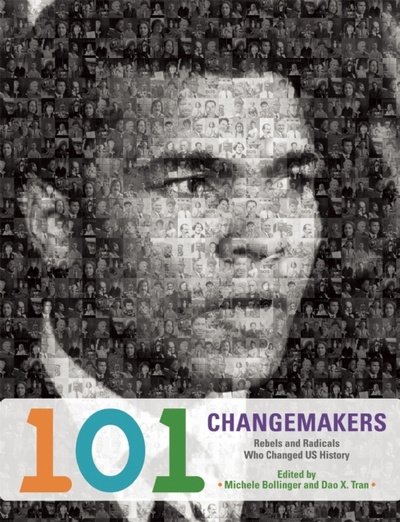
Tecumseh, Harriet Tubman, César Chávez, and Harvey Milk are just a few of the people who have changed the world. 101 Changemakers – a book edited by Michele Bollinger and Dao X. Tran – doesn’t celebrate founding fathers, titans, or others often extolled on the pages of history books. Instead, it looks at those who fought for social justice in the United States.
Buy the book here.
7
Splinterlands
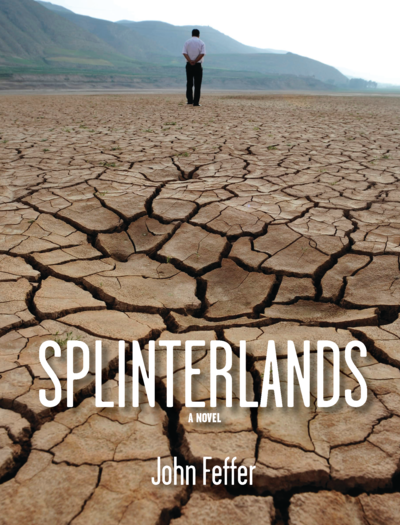
This 1984-esque novel by John Feffer is set in 2050. It’s a world where the European Union no longer exists, the United States is barely scraping by, and Russia and China have lost their influence.
Buy the book here.
8
From #BlackLivesMatter to Black Liberation
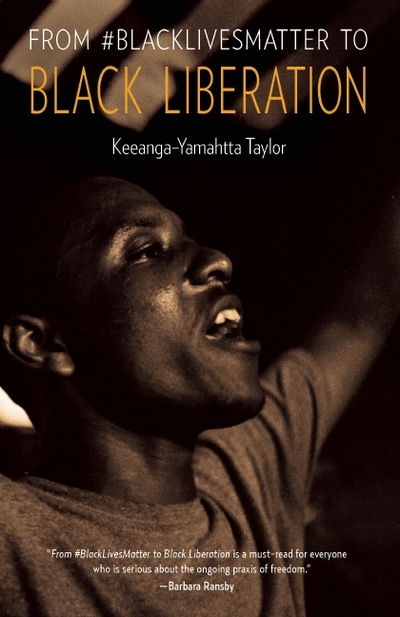
Activist and scholar Keeanga-Yamahtta Taylor’s book explores the flawed illusion of a postracial America. Looking to protests against police violence after the deaths of Eric Garner and Michael Brown, Taylor discusses a new generation of activists who have the potential to energize a wide-sweeping push for black liberation.
Buy it here.
9
Things That Can and Cannot Be Said
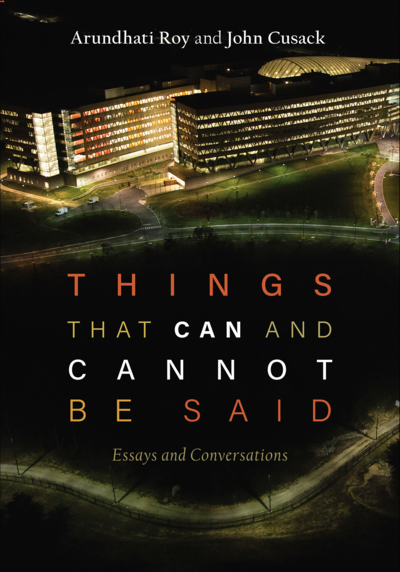
In 2014, Arundhati Roy, John Cusack, and Daniel Ellsberg met with Edward Snowden in Moscow. This book is the result of Roy and Cusack’s conversation with the NSA whistleblower. Through essays and dialogues, the two talk about surveillance, the meaning of patriotism, and how capital can freely cross borders but people cannot.
Buy the book here.
10
The United States of Fear
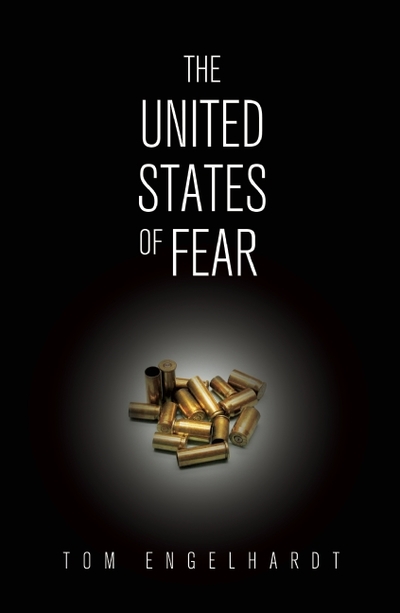
Tom Engelhardt’s book analyzes how decades of pouring money into military, war, and national security will lead the United States to decline. “This is the startling tale of how fear was profitably shot into the national bloodstream, how the country – gripped by terror fantasies – was locked down, and how a brain-dead Washington elite fiddled (and profited) while America quietly burned,” the description reads.
Buy the book here.
11
Subterranean Fire
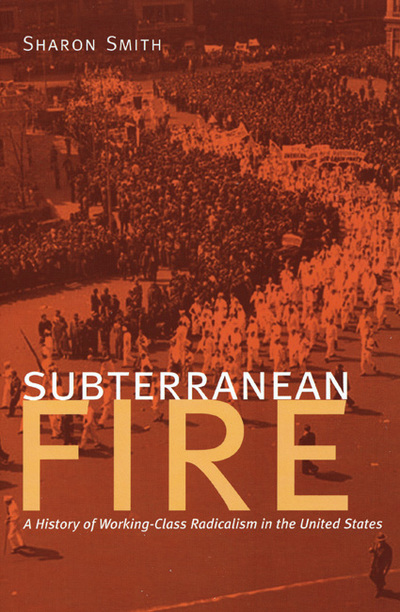
The United States has a rich history of workers organizing to demand rights like fare wages and health care. However, by 2005, unions reached a 100-year low in private- and public-sector jobs. Sharon Smith’s book details how the Democratic Party’s corporate ties has hurt working-class people.
Buy the book here.
12
Howard Zinn Speaks

Historian Howard Zinn’s speeches from 1963 to 2009 were collected in this book. In four decades, he spoke about racism, war, US history and protest movements.
Buy it here.
13
The Nazis, Capitalism and the Working Class
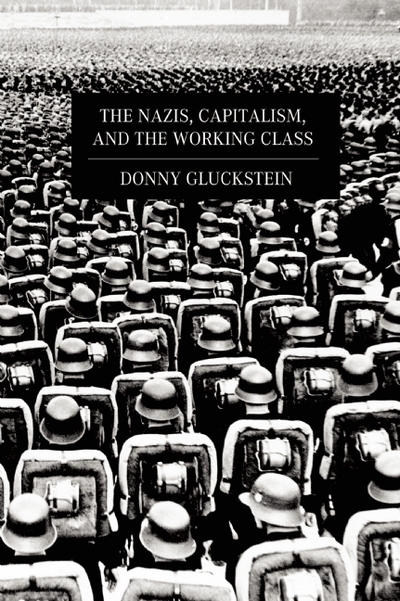
Donny Gluckstein dismisses that Hitler’s “charismatic demagoguery” is what led to the Nazi party’s rise. Instead, Gluckstein argues that the Nazi’s “commitment to annihilating the gains of working-class organizations” in the midst of economic strife is what made their platform attractive to German rulers.
Buy the book here.
14
The Will to Resist

Dahr Jamail’s book sheds light on the soldiers who dissented and refused to fight for the world’s most powerful military.
Buy the book here.
15
Rich People Things
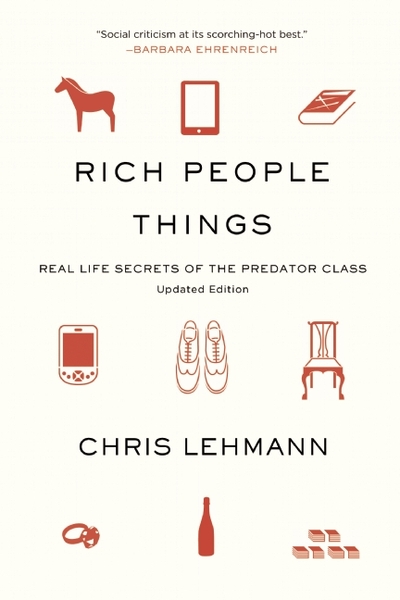
Chris Lehmann’s Rich People Things explores how the elite maintain their power. The humorous book dedicates chapters to Steve Forbes, David Brooks, Alan Greenspan, and the Supreme Court.
Buy it here.
16
Palante
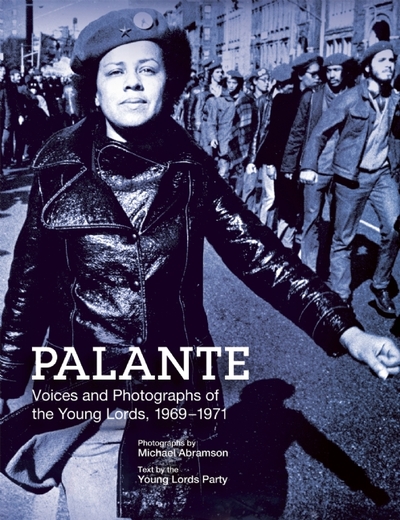
Inspired by the Black Panthers, Puerto Rican activists formed the Young Lords Party in 1969. Palante is the first book about the group, and it was written by those who knew it best – its members. The book features 75 photos and personal essays from the members.
Buy it here.




